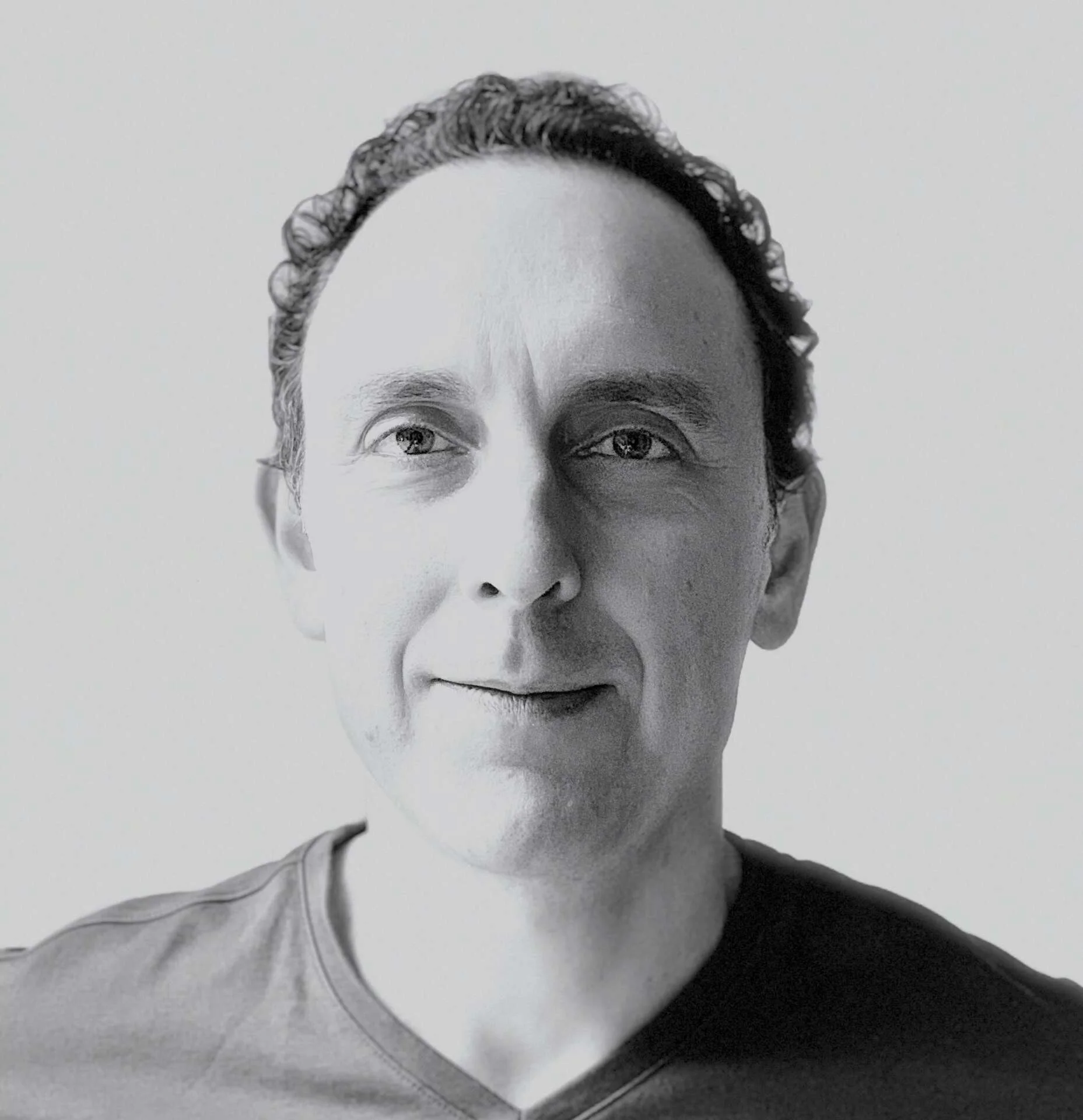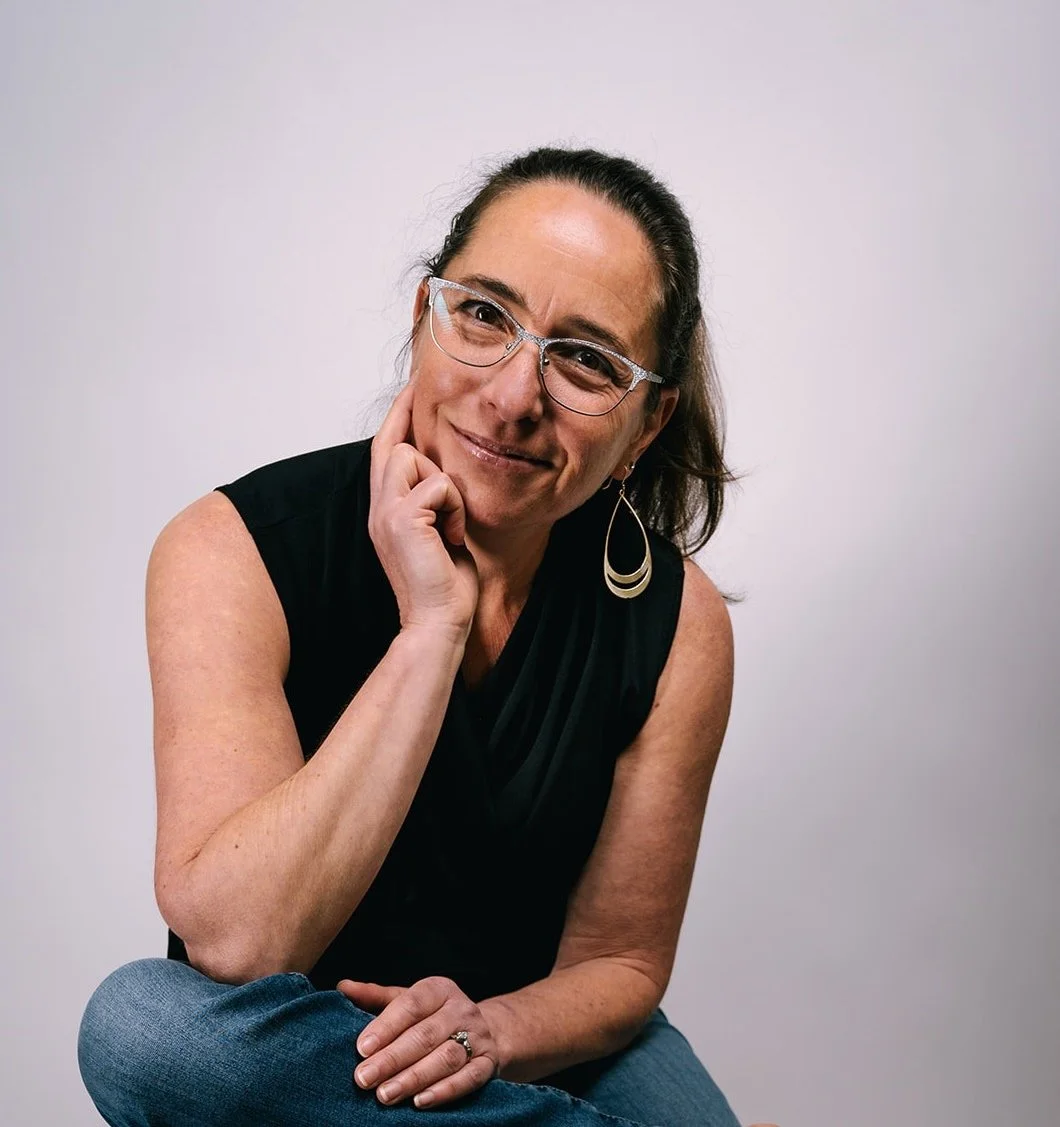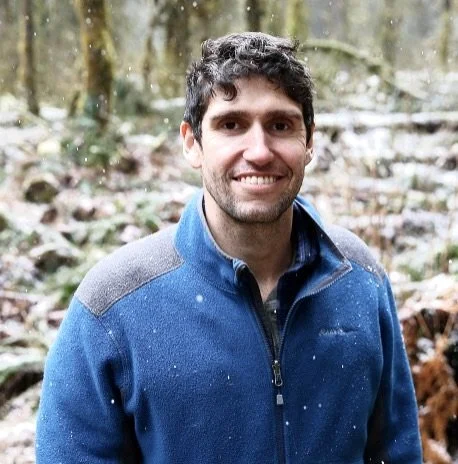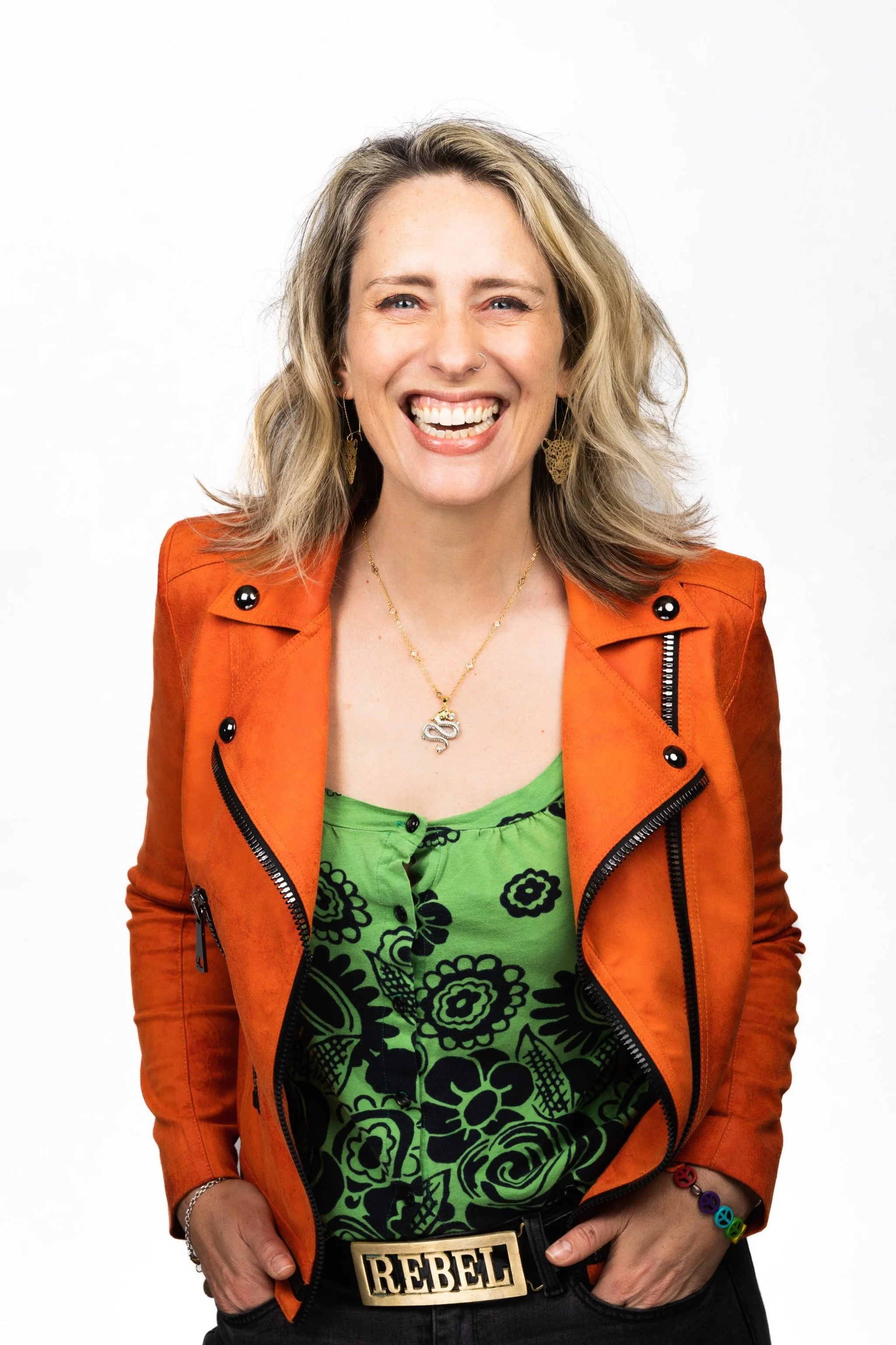“LinkedIn Profiler” Tony K. Silver shares LinkedIn optimization strategies that focus on capturing attention quickly, utilizing strategic keywords, and creating high-quality, engaging content with clear calls-to-action for professional success.
Read MoreProfessor Colleen Kelley shares her innovative approach to chemistry education through storytelling, making complex concepts accessible to young learners while building essential neural pathways for lifelong scientific understanding.
Read MoreFormer reporter Ted Czech critiques modern media’s decline into biased, personality-driven journalism. He advocates for objectivity, independent journalism, and renewed public critical thinking to help restore media credibility.
Read MoreJon Waterman shares his Arctic experiences, revealing how melting permafrost and sea ice endanger ecosystems and communities—and why these northern shifts are vital signals for the rest of the world to heed.
Read MoreUtah high school history teacher Matt Ence shares his approach to teaching a dedicated Holocaust course, using survivor testimonies and interactive methods to help students understand history chronologically while developing recognition of genocide warning signs.
Read MoreJennifer Raff, an Associate Professor of Anthropology at the University of Kansas, explains how genetics has revolutionized our understanding of early American populations. It has revealed complex migration patterns and challenged conventional theories about when humans first arrived.
Read MoreIn this episode, it’s my turn to sit behind the mic. Wellbeing and mental health consultant Seamus Corry and I dig into the coaching process.
Read MoreReuben Swartz, the founder of Mimiran, the anti-CRM for independent consultants, explains how solopreneurs can differentiate themselves, find their niche, and build genuine relationships through conversation. He emphasizes that technology should enhance—not replace—human connection in sales and networking.
Read MoreJane Kelly and Katie Thacher discuss Eat Your Books, a digital platform that connects the traditional world of physical cookbooks with digital resources, helping home cooks expand, organize, and utilize their recipe collection.
Read MoreIn this episode, Deborah Sosin shares her journey to become a writer, from diary-keeping to published books. She discusses creativity, writing challenges, mindfulness, and how personal storytelling fosters self-reflection and connection with readers.
Read MoreCo-hosts Jeff Ikler and Sarah Elkins discuss how personal objects and storytelling foster human connection. They explore the role of narrative in reducing societal division and preview Sarah’s upcoming TEDx talk on meaningful conversations.
Read MoreDr. Julie Vitalie, Superintendent of Oceanside, CA, Public Schools, discusses the challenges facing public education in the United States, including the attack on DEI, the push for privatization, and teacher morale. She also highlights the importance of social-emotional learning (SEL) for students and the need for teachers to be trained in this area.
Read MoreAward-winning documentarian Peter Byck discusses the power of regenerative cattle grazing to restore soil health, fight climate change, and reshape farming. He emphasizes science-backed solutions for sustainability and the role of cattle in land regeneration.
Read MoreIn this episode, Paul Banks explores curiosity, ethical sales, and trust-building in business. He shares insights on behavioral science, content marketing, and why long-term relationships outperform short-term transactional sales strategies.
Read MoreHistory professor Allan Winkler discusses history education, the evolution of textbooks, and the importance of critical thinking. He also explores the WWII home front, highlighting propaganda, labor movements, and the role of marginalized groups in shaping history.
Read MoreIn this two-part episode, environmental journalist Ben Goldfarb discusses the critical need for wildlife crossings that provide safe passage for wildlife under and over roads and highways. He emphasizes how road ecologists, other scientists, and government officials can develop collaborative solutions to balance infrastructure development and the preservation of animal habitats.
Read MoreIn this two-part episode, environmental journalist Ben Goldfarb discusses the critical need for wildlife crossings that provide safe passage for wildlife under and over roads and highways. He emphasizes how road ecologists, other scientists, and government officials can develop collaborative solutions to balance infrastructure development and the preservation of animal habitats.
Read MoreIn this episode, Jeff interviews Bob Reece, a counselor, coach, and fly-fishing guide, about his work addressing men's mental health through his private practice and nature-based retreats.
Read MoreIn this episode, Tamsin Astor, Ph.D., a habit scientist, discusses her approach to habit formation and wellness by integrating both Western and Eastern philosophies. She highlights the importance of understanding the "Big Why" behind habits and emphasizes the need to create new, positive routines instead of just addressing the root causes of negative habits.
Read MoreThis episode reflects on the Apollo 8 mission's iconic "Earthrise" image in late December 1968 and the turbulent year that preceded it. It highlights enduring lessons on inequality, collective problem-solving, and environmental stewardship. The episode urges renewed respect for history and a commitment to addressing modern challenges with the same ingenuity that defined the space race.
Read More
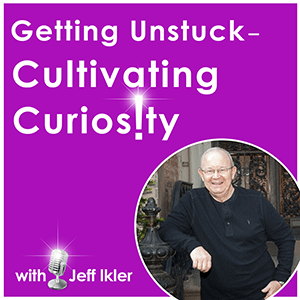 Curiosity sits at the intersection of creativity, effective human interactions, problem-solving and purposeful change. Unfortunately, the pace of life — at home, work, and school — often sidetracks our natural curiosity. So, listen as we look at the familiar from a different angle or something new as a possibility to consider.
Curiosity sits at the intersection of creativity, effective human interactions, problem-solving and purposeful change. Unfortunately, the pace of life — at home, work, and school — often sidetracks our natural curiosity. So, listen as we look at the familiar from a different angle or something new as a possibility to consider.







